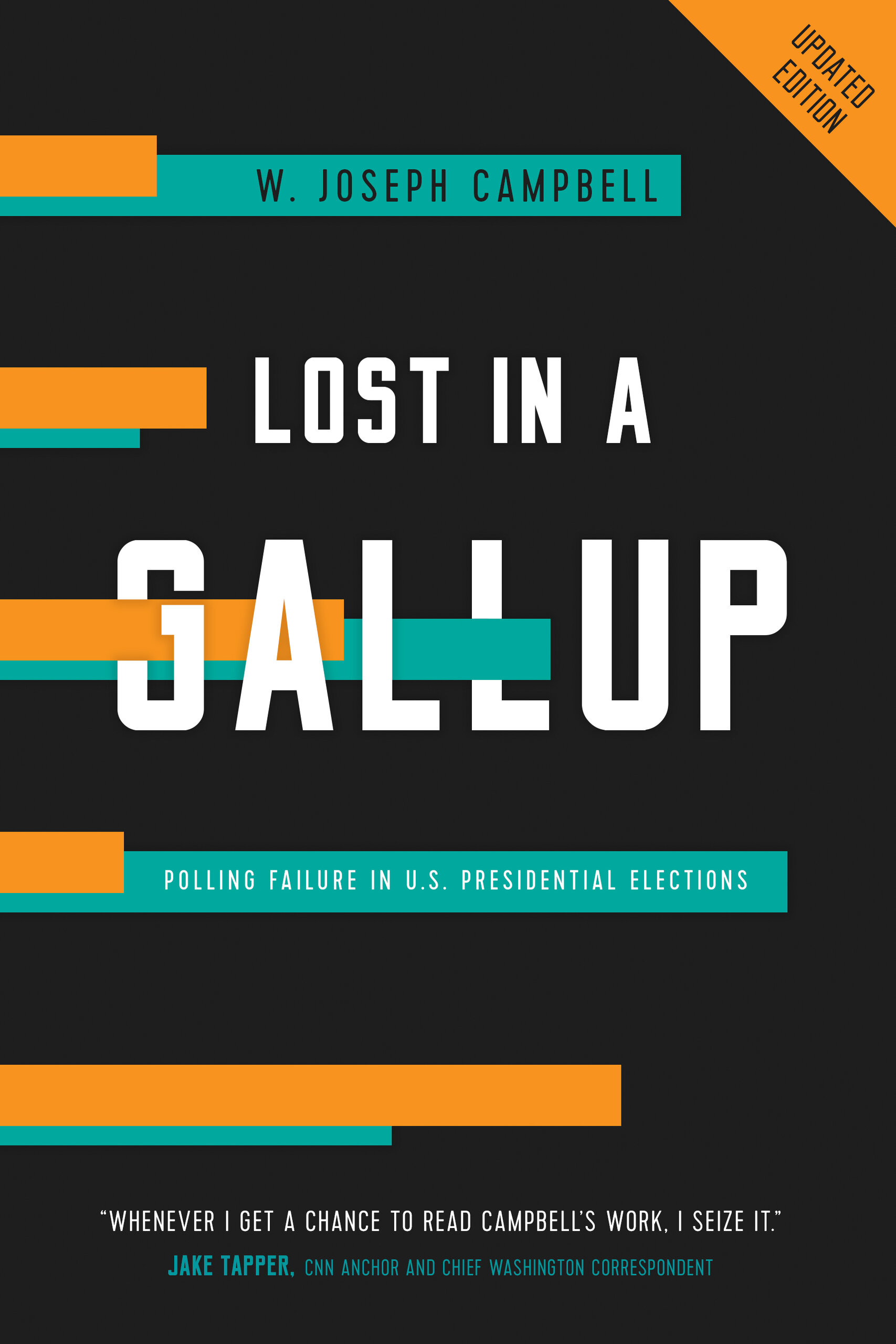I’d like to talk about trust and distrust of polls over the years. Your book has a lot of examples that show that this kind of discourse around polling that we are reentering after the 2020 results has deep roots. How do you see that dynamic evolving over time?
Public suspicions about polling run deep, but at the same time memories are short. At the beginning, the dawn of modern opinion research, which was 1936, when pollsters like George Gallup and Elmo Roper began polling using quasi-scientific techniques, they were improving on a technique that the Literary Digest magazine had used successfully since 1924, which was to send out mailed postcards to millions of voters. Literary Digest called elections correctly in 1924, 1928, and 1932—basically by luck. But in 1936 they did the presidential election poll again, sent out 10 million postcard ballots, received 2.3 million in return, tallied them all up, and said it looked like Alf Landon was going to win the presidential election and unseat the incumbent Franklin Roosevelt by a comfortable margin. That poll was 19.9 percentage points off.
I mention the story to make the point that the very emergence of public opinion research came after a polling failure. The roots of popular suspicions about the accuracy and reliability of polls go back a long way.
I think there’s a tendency to want to believe polls because they have a certain degree of precision attached to them. Those cold, hard numbers look like they must be accurate. I think the default is to treat polls as if they are accurate, and this extends not only to the public at large, but to journalists. The precision in the numbers is attractive and very appealing, because journalists deal with ambiguity and imprecision all the time. Even if polling numbers come with some degree of caveat, there’s that appeal there.
Another little story I’ve seen emerging around the polling in 2020 is the idea that polls used to be more accurate—that there was some kind of golden age of polling—and that after 2016 and 2020, polling is newly broken. But it strikes me, looking at your book, that this might be sort of a false memory.
Since the dawn of modern opinion research in the mid-’30s, almost every presidential election has had some kind of polling controversy, big or small, attached to it. It’s a very rare election that doesn’t.
